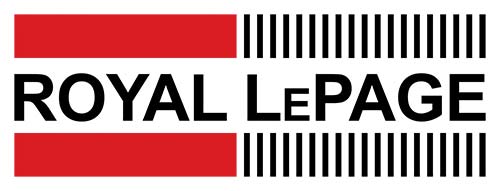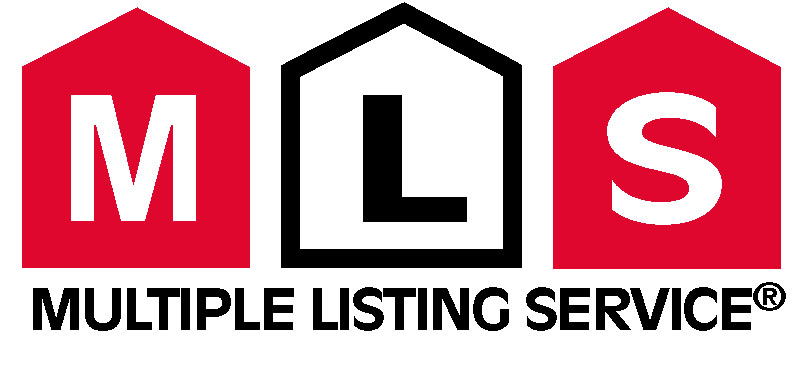
Consolidating debt is a significant step towards achieving financial freedom, but maintaining debt-free living requires discipline, diligence, and strategic planning. In this comprehensive guide, we’ll explore essential tips and strategies to help you stay on track after consolidating your debts, ensuring long-term financial stability and peace of mind.
Understand Your Financial Habits
Before consolidating your debts, take a close look at your financial habits and identify any patterns or behaviors that may have contributed to your debt in the first place. Understanding your spending triggers, budgeting tendencies, and saving habits will empower you to make informed decisions and avoid repeating past mistakes.
Create a Realistic Budget:
Developing a realistic budget is essential for maintaining debt-free living after consolidation. Take the time to track your income, expenses, and debt payments, and allocate your funds accordingly. Be sure to prioritize essential expenses, such as housing, utilities, groceries, and transportation, while setting aside funds for savings and discretionary spending.
Stick to Your Repayment Plan
 Consolidating your debts into a single payment can streamline your repayment process, but it’s crucial to stick to your repayment plan diligently. Make your payments on time each month and avoid missing any deadlines. Consider setting up automatic payments or reminders to ensure you stay on track and avoid late fees or penalties.
Consolidating your debts into a single payment can streamline your repayment process, but it’s crucial to stick to your repayment plan diligently. Make your payments on time each month and avoid missing any deadlines. Consider setting up automatic payments or reminders to ensure you stay on track and avoid late fees or penalties.
Build an Emergency Fund:
Unexpected expenses can derail your financial progress, so it’s essential to build an emergency fund to cover unforeseen costs. Keep an aim to save at least three to six months worth of expenses in your savings account or other easily accessible account as an emergency fund. Having a financial safety net will provide peace of mind and protect you from falling back into debt during challenging times.
Avoid Temptation
After consolidating your debts, it’s crucial to resist the temptation to overspend or accumulate new debt. Practice mindful spending, distinguish between wants and needs, and avoid impulse purchases. Focus on making any significant purchases by considering a “cooling-off” period to avoid any unnecessary spending and make a budget planning that align with your financial goals.
Prioritize Financial Education
Continuing to educate yourself about personal finance and debt management is essential for maintaining debt-free living. Take advantage of resources such as books, podcasts, online courses, and financial workshops to expand your knowledge and improve your financial literacy. Stay informed about current trends, strategies, and tools that can help you manage your finances effectively.
Celebrate Milestones
As you progress on your journey towards debt-free living, take the time to celebrate milestones and achievements along the way. Whether it’s paying off a credit card, reaching a savings goal, or sticking to your budget for a consecutive month, acknowledge your progress and reward yourself appropriately. Celebrating small victories will help motivate you to stay focused and committed to your financial goals.
Conclusion
Maintaining debt-free living after consolidation requires discipline, perseverance, and a proactive approach to managing your finances. By understanding your financial habits, creating a realistic budget, sticking to your repayment plan, building an emergency fund, avoiding temptation, prioritizing financial education, and celebrating milestones, you can sustain long-term financial freedom and enjoy peace of mind for years to come.

